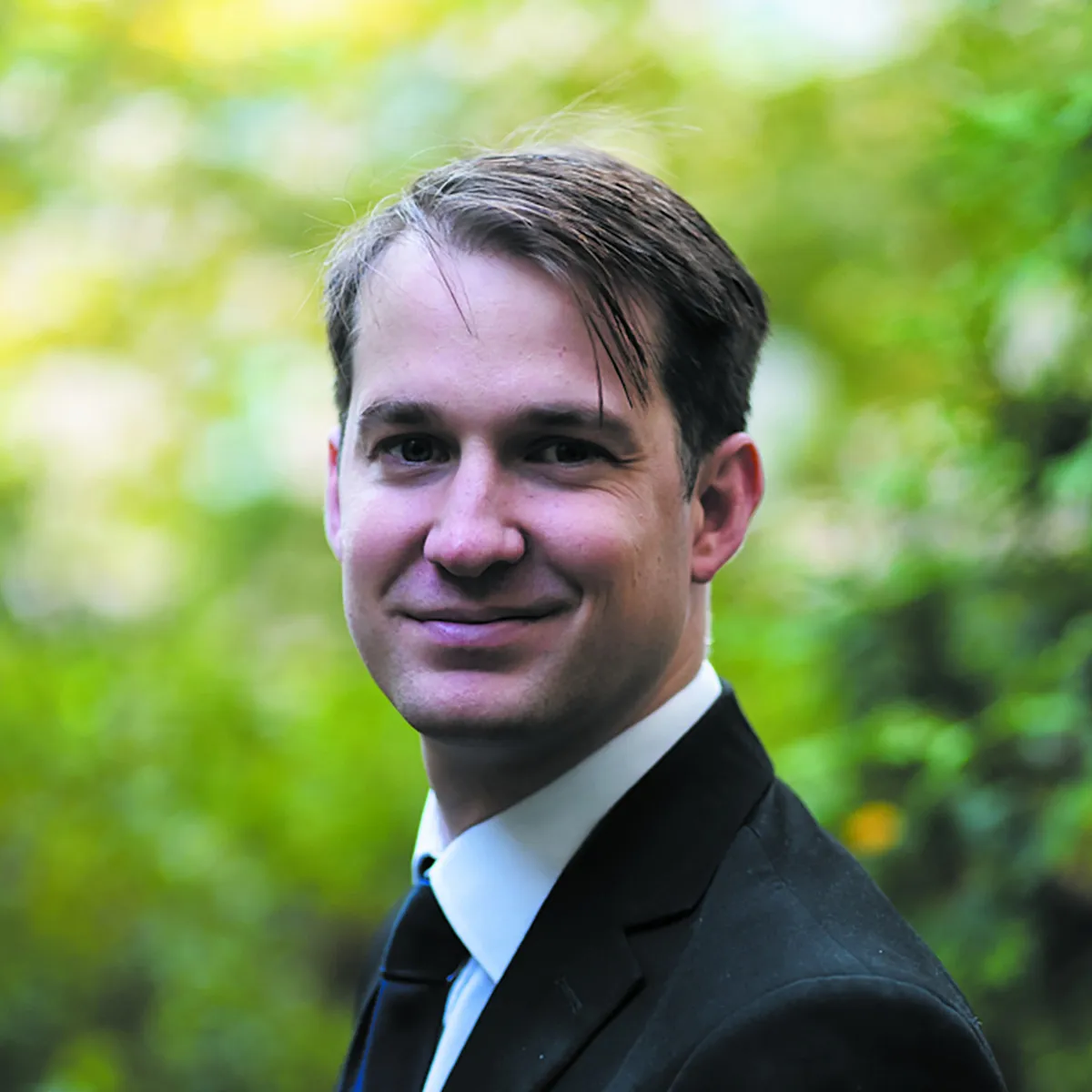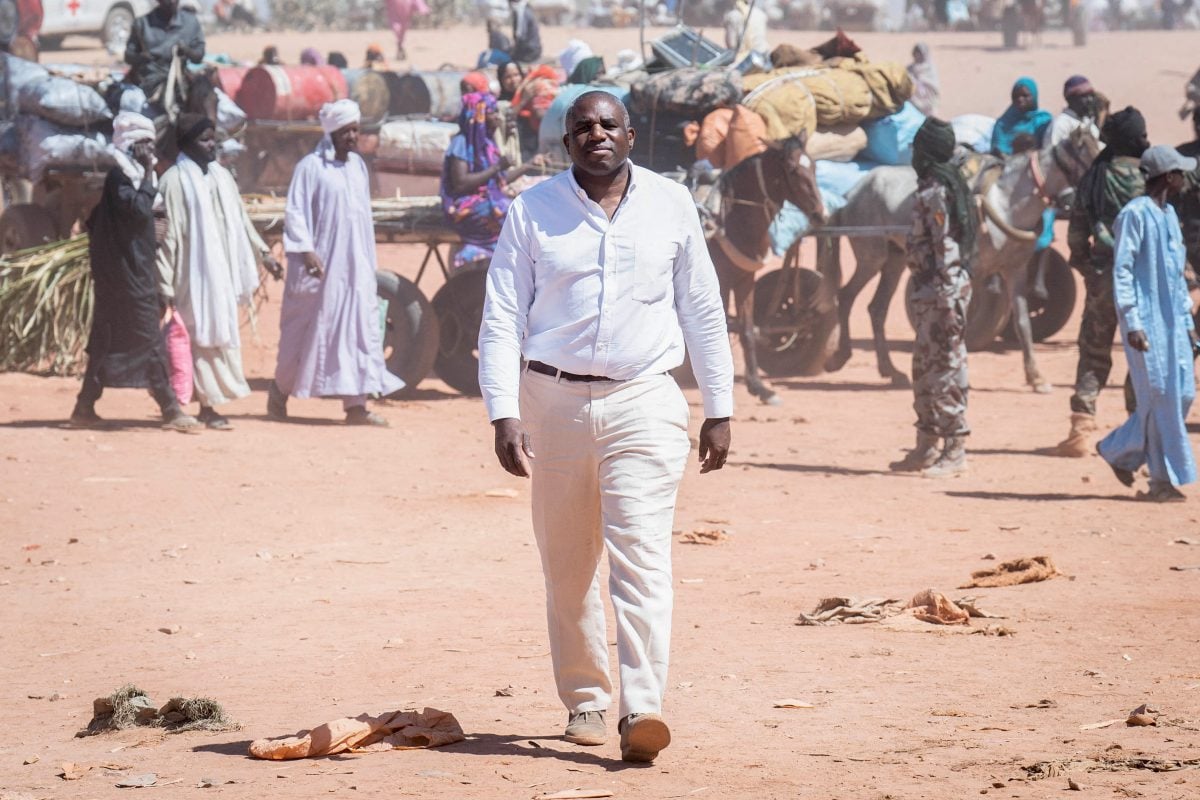UK foreign secretary David Lammy unveiled his vision of a mutually-beneficial UK partnership with Africa in a keynote speech at the Africa Debate 2025 at London’s Guildhall. Lammy said that the UK had launched what he called a new “Africa Approach” following a five-month listening exercise with the continent. He said the new strategy would be defined by growth, partnership and opportunity.
“We needed to listen. And I thank you all for your engagement over the course of this process and for what you told us, what we needed to hear… You want, we want, growth. And not just any form of growth – a jump in numbers on a spreadsheet for a year or two – but a secure, sustainable growth for everyone: high-quality jobs, affordable prices, citizens living better lives than those of their ancestors.
“You want, we want, opportunity. Opportunity arising from our respective strengths, like the British education system, like of course the City of London, the incredible natural assets and energised young people across Africa, and our collective commitment to multilateralism.
“And you want, and we want, partnerships. Partnerships that harness our deep historic ties, and the array of personal connections that exist between us.”
Lammy hails strengthened partnerships
Lammy said that he had visited eight African countries in the past year in a bid to forge a “genuine partnership… between two equals each respecting the other”.
He said the trips included the first ever by a UK foreign secretary to Chad (pictured above), and the first visits by a foreign secretary in several years to big-hitters South Africa and Morocco.
“And on my first visit to the continent as foreign secretary, I launched consultations on our new Africa Approach. A five-month listening exercise, hearing from governments, from civil society and diaspora communities, from businesses and universities, from Cape Town to Cairo, from Dakar to Djibouti, what they valued, what they wanted to see from Britain.”
Lammy said the meetings had helped to forge a new strategic partnership with Nigeria, a new growth plan with South Africa, a new partnership with Morocco, joint work on a new AI strategy in Ghana, and new investments in Tanzania and Kenya.
He said that the UK’s Developing Countries Trading Scheme (DCTS) and free trade agreements with many African countries had helped to realise almost £15bn ($20bn) of tariff-free goods exports from Africa to Britain last year.
Under the UK government’s new trade strategy, which received a mixed review from Tanzania’s high commissioner to the UK, Lammy pledged that the UK will further simplify the rules of the DCTS scheme, which benefits thirty-eight African countries, and will review tariffs with South Africa, Egypt, Morocco and Tunisia.
Nevertheless, Lammy said that there was still significant room for improvement in relations.
“But of course, the work can only be beginning. The real test of our Africa Approach, and this was clear in the consultation as well, is how we put it into practice. Because talk is cheap. It’s actions in the end that count. I am excited by the deals driving growth that we have been delivering so far.”
Shift from aid to trade
The foreign secretary’s speech reflected the shift from aid to commercial ties that is taking place – particularly with the UK forced to reduce its development budget in order to bolster national defence amid heightened tensions with Russia.
“The trade strategy reinforces Britain’s belief in the power of free trade. And the largest free trade area in the world is Africa’s… And we will increase opportunities for British firms to play their part, just as it will increase prosperity in Africa. The British businesses and investors in this room have a big part to play. And I want our ambassadors, our high commissioners working closely with you, so that together, we can play a confident role in investing more, and supporting the growth of the African market.
“So, more trade, more investment, this is the best path to prosperity for all. And there is a role of course for development as well. But this has to be a modernised approach to development, recognising that fundamentally development is about growth, development is about jobs, development is about business. The modern development expert needs to have a mindset of an investor, not a donor. Looking for the best return, not offering the biggest handout.”
Lammy also said the UK would be backing African efforts to boost their voice in international forums in order to unlock capital.
“The theme of your conference is precisely the right framing; Africa has natural capital. But it cannot unlock this if we make it impossibly challenging for states to access the finance that they need. At the recent Development Finance Summit in Seville, we were again pushing for reforms of the multilateral development banks and the IMF. We have to mobilise private capital and use guarantees to unlock more funds.”
Lammy said that the UK would also redouble efforts to tackle dirty money and sanction “kleptocrats and money launderers [who] rob all our citizens of wealth and security”.
But fundamentally, he said, the new strategy is an optimistic vision of how ties can be strengthened to give both the UK and Africa more choices.
“In effect, Africa wants Britain to help them to have more choices. Choices over who to do business with, because it’s choices which matter in a volatile geopolitical age.
“Britain wants choices too. And I believe that, given the choice, more and more British businesses and investors will be choosing Africa in the coming years.”
Want to continue reading? Subscribe today.
You've read all your free articles for this month! Subscribe now to enjoy full access to our content.
Digital Monthly
£8.00 / month
Receive full unlimited access to our articles, opinions, podcasts and more.
Digital Yearly
£70.00 / year
Our best value offer - save £26 and gain access to all of our digital content for an entire year!

 Sign in with Google
Sign in with Google 



